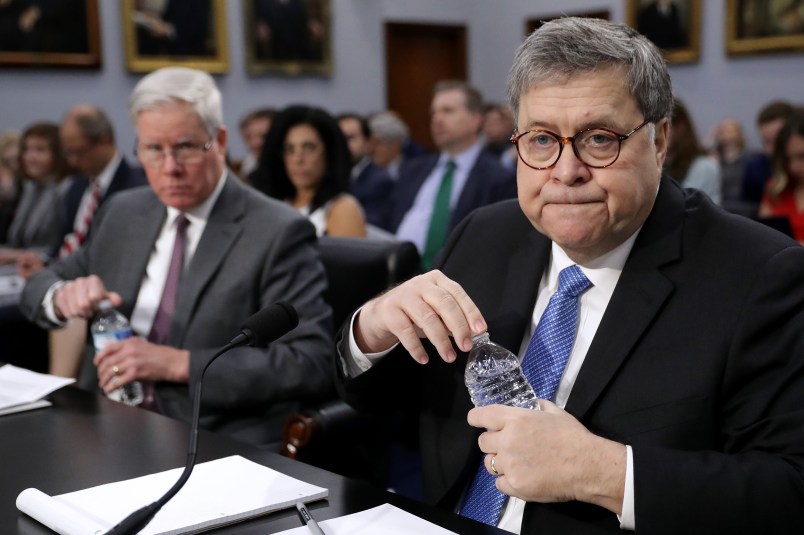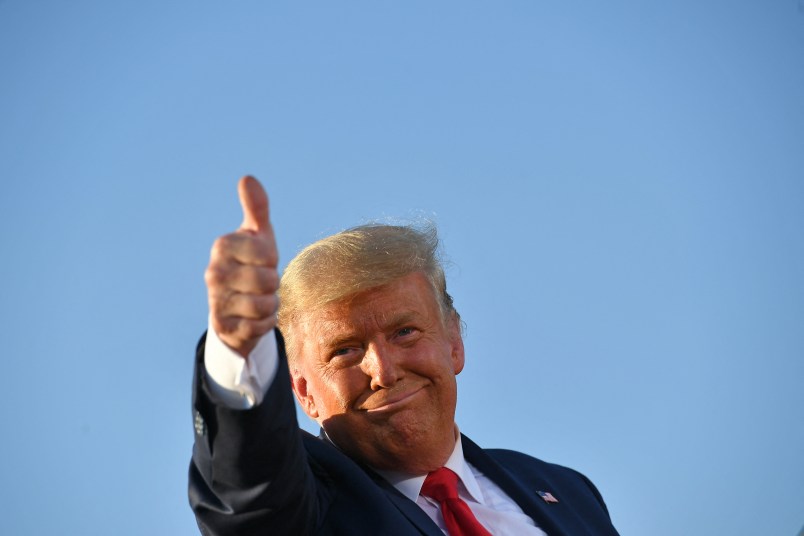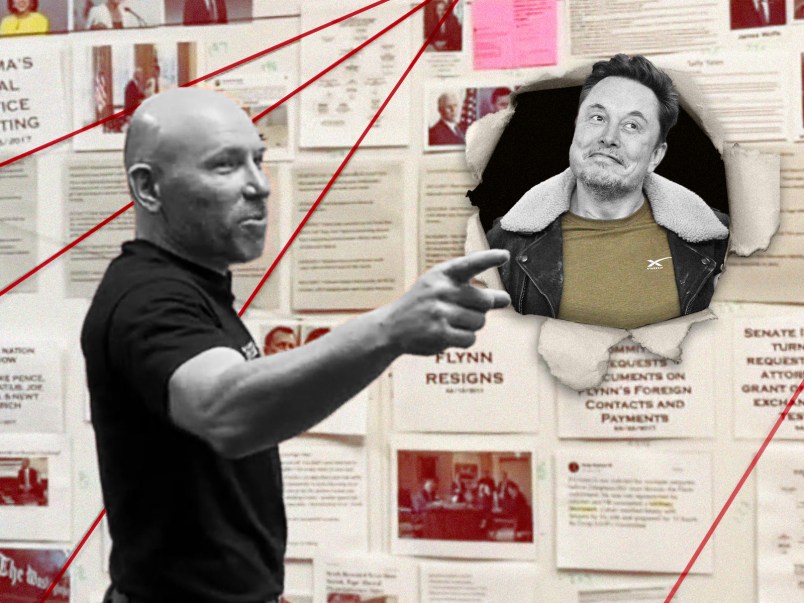Attorney General Bill Barr has no plan to try to seek the public release of secret grand jury materials included in special counsel Robert Mueller’s report.
“My intention is not to ask for it at this stage,” Barr testified Tuesday before the House Appropriations subcommittee.
Democrats on the committee asked if Barr intended to seek a court order to make those materials public, as House Judiciary Chairman Jerry Nadler (D-NY) has pressed him to do. He offered only to listen to Nadler’s case on why that would be necessary.
The attorney general also testified that he had grand jury material in mind when he made the decision to write a March 24 letter offering what he claimed were Mueller’s “principal conclusions.” He confirmed that he declined to use the multiple report summaries that Mueller’s team had reportedly already prepared. Every page of the report Barr received from the special counsel’s office was marked by the indication that it may contain secret grand jury material, he testified.
Barr said he took the restriction barring the release of grand jury material seriously, citing a D.C. Circuit Court of Appeals ruling last week affirming that there were only five exemptions that would allow a court to release grand jury materials.
Barr struck a somewhat defensive tone in explaining his letters to Congress characterizing the report. He repeatedly insisted that he tried to use “as much of the special counsel’s own language” as possible without revealing any classified grand jury information.
Rep. Charlie Crist (D-FL) asked about press reports that members of Mueller’s team were frustrated that Barr did not accurately describe their extensive, serious findings about President Trump’s obstruction of justice.
“I suspect that they probably wanted more put out,” Barr replied. “But in my view I was not interested in putting out summaries or trying to summarize because I think any summary regardless of who prepares it not only runs the risk of, you know, being under-inclusive or over-inclusive but also would trigger a lot of discussion and analysis that really should await everything coming out at once.”
Democrats have argued that by releasing a four-page letter on March 24 essentially clearing the President of any wrongdoing, Barr was in fact triggering this discussion and framing the narrative about Mueller’s conclusions.
Though Barr testified repeatedly that he tried to use Mueller’s own wording, his initial letter to Congress included just a few direct quotes from the special counsel.
In an earlier exchange with Rep. Tom Graves (R-LA), Barr suggested that in his mind, the Mueller investigation was all but settled.
“No collusion, no obstruction,” Graves said. “It’s over. It’s done.”
“Well, the letter speaks for itself,” Barr said.
“I thought it did too,” Graves added.
Graves also asked whether any lawmaker who released the full report or any redacted information would be in violation of the law, offering Nadler as an example.
“I don’t want to speculate about all the circumstances that would be involved,” Barr said. “I don’t intend at this stage to send the full unredacted report to the committee. So I’m not sure where he would get it. If he got it directly from the counsel, that would be unfortunate. I doubt that would happen.”










